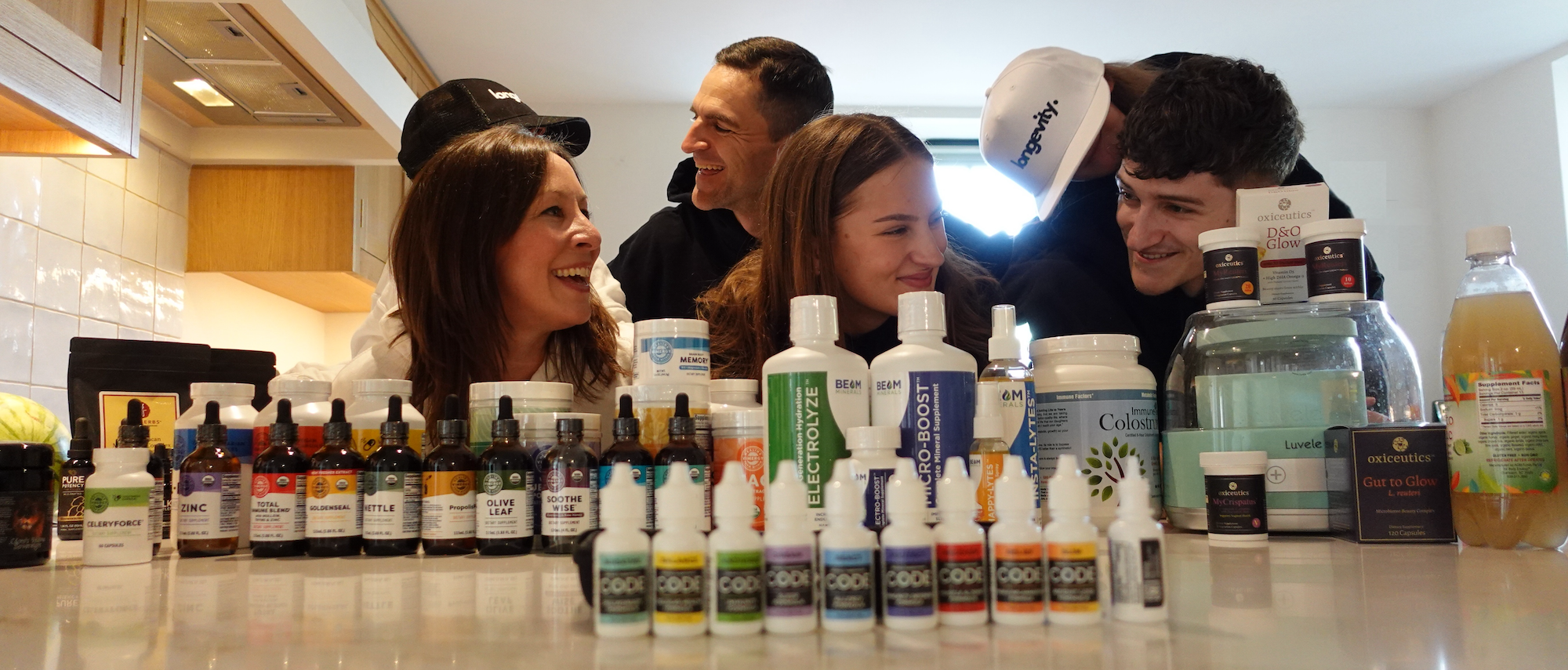Discover Nutrasal: Advanced Nutraceuticals for Optimal Health
Welcome to our exclusive collection of Nutrasal products, where science and nature converge to enhance your health and well-being. Nutrasal specializes in premium nutraceuticals that support various aspects of health, from cognitive function and liver health to immune support and skin care. Our range includes a variety of innovative products, including PPC Kids, PhosChol Liquid, Cytomune CDZ, PPC VET, LiverFlo, Adeno Plus, Essential PC Lipids, L-Arginine + MG Cream, Cerebra GPC, Micro-D3 with KTM, PhosChol 900, PhosChol 600, and Optima Curcumin PC. Each product is designed to provide targeted support and deliver noticeable benefits.
PhosChol PPC
PhosChol PPC is a leading product in the Nutrasal lineup, featuring pharmaceutical-grade polyenylphosphatidylcholine (PPC). This essential phospholipid is critical for liver health and cellular membrane integrity. PhosChol Liquid offers a convenient way to consume PPC, supporting liver function, promoting cell membrane repair, and enhancing overall cellular health. Whether you're looking to support liver detoxification or improve lipid metabolism, PhosChol PPC is a trusted choice.
PPC Kids and PPC VET
PPC Kids provides the same high-quality PPC in a formulation suitable for children, supporting cognitive development and liver health. For pet owners, PPC VET delivers PPC benefits to support liver health and overall wellness in animals. PhosChol for dogs is a specific formulation within the PPC VET range, tailored to meet the unique needs of canine health.
L-Arginine + MG Cream
Nutrasal Magnesium L-Arginine Cream is a topical formulation designed to deliver magnesium and L-arginine directly to the skin. This cream supports vascular health, muscle relaxation, and overall skin health. The combination of magnesium and L-arginine promotes better circulation and can help alleviate symptoms associated with magnesium deficiency.
Cytomune CDZ and Micro-D3 with KTM
Cytomune CDZ is a comprehensive immune support formula combining vitamins C, D, and zinc. This powerful blend strengthens the immune system, supports respiratory health, and enhances overall immune response. Micro-D3 with KTM offers a highly bioavailable form of vitamin D3 combined with K2 and magnesium, supporting bone health, cardiovascular health, and overall well-being.
Adeno Plus, Essential PC Lipids, and Optima Curcumin PC
Adeno Plus supports mitochondrial function and energy production, while Essential PC Lipids provide a concentrated source of phosphatidylcholine, crucial for cellular membrane integrity. Optima Curcumin PC features curcumin combined with phosphatidylcholine for enhanced absorption, providing powerful anti-inflammatory and antioxidant benefits.
Why Choose Nutrasal?
Nutrasal is committed to delivering high-quality, science-backed nutraceuticals. Each product is formulated with premium ingredients and undergoes rigorous testing to ensure safety, efficacy, and purity. Nutrasal's focus on advanced formulations and bioavailability sets it apart, making it a trusted choice for those seeking optimal health.
Optimize Your Health with Nutrasal
Explore our collection of Nutrasal products today and experience the benefits of advanced nutraceuticals. Whether you're looking to support liver health, enhance cognitive function, boost immune health, or improve overall wellness, Nutrasal offers a solution tailored to your needs. Achieve your health goals naturally and effectively with Nutrasal.








